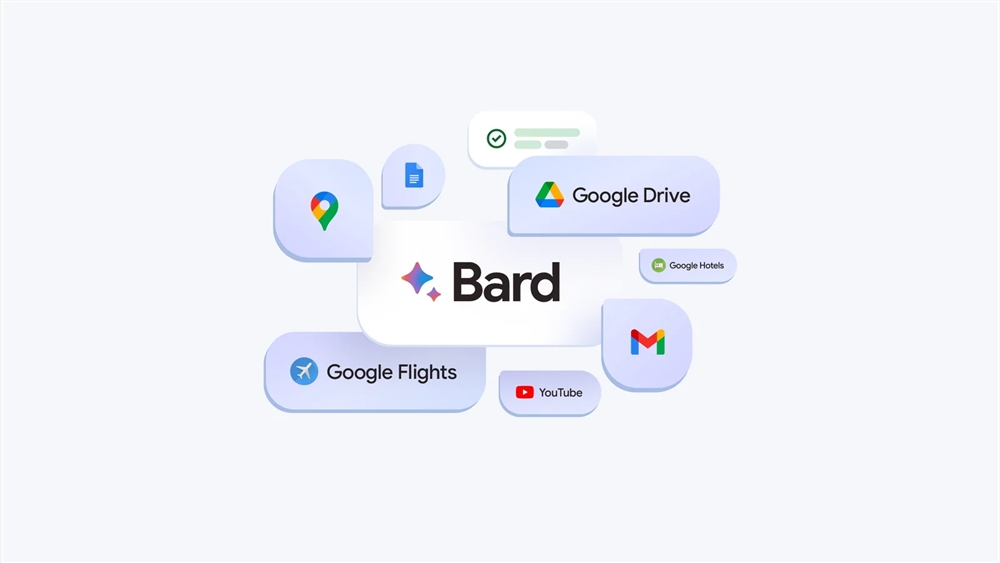GoogleThe company filed a lawsuit in court on Monday.The accusation Facebook Fake generative AI tools appear on the InternetBardAdvertisement, designed to steal the social media accounts of small businesses in the United States.

These fake Facebook ads trick users into downloading "Bard", but in fact "Bard" is a completely web-based product and does not require downloading.Naive users actually downloaded malware, resulting in their social media credentials being stolen and their accounts being compromised.
The goal of Google's lawsuit is to disable any current domains associated with this trap and prevent the alleged fraudsters, who are based in Vietnam and India, from setting up more such domains.Google General Counsel Halimah DeLaine Prado told The Wall Street Journal on Monday that the case is believed to be filed to protect users of the major tech company's flagship AI product.The firstlitigation.
Google filed about 300 takedown requests for fake ads on Facebook, but it's unclear how many users were affected and what the hackers' motives were.The lawsuit highlights the huge hype surrounding generative AI and how little is known about actual productsEveryday people want to use products like Bard, and big tech companies are looking to AI safety measures to prevent people from falling into these traps.
"Today's action is part of our ongoing legal strategy to protect consumers and small businesses and establish needed legal precedent in emerging areas of innovation," Google said in a blog post on Monday.
Scammers have created fake Facebook profiles impersonating Google Bard, using names including "Google AI," "AIGoogle," "AiGoogle," "AIGoogle.Plus," "AIGoogle Bard FB," and "AIGoogleBard."The real Google Bard is also advertised on the platform, making it more difficult for users to distinguish the real from the fake.
Google, OpenAI, and others have proposed broad protections against copyright infringement, to increase consumer confidence that they will not face legal issues when using generated AI products.
In another lawsuit filed the same day, Google sued a group of bad actors who abused copyright law to wrongfully remove the websites of more than 100,000 businesses, causing them to lose millions of dollars and thousands of hours of employee time.
These bad actors filed false Digital Millennium Copyright Act (DMCA) claims, which allow for the removal of content believed to infringe copyright after being flagged by the rightful owner. Google sued dozens of accounts associated with these false claims in an effort to stop this behavior that harms small businesses and deter others. The DMCA is designed to protect users from copyright cases, but excessive content moderation has long been a problem with the act.